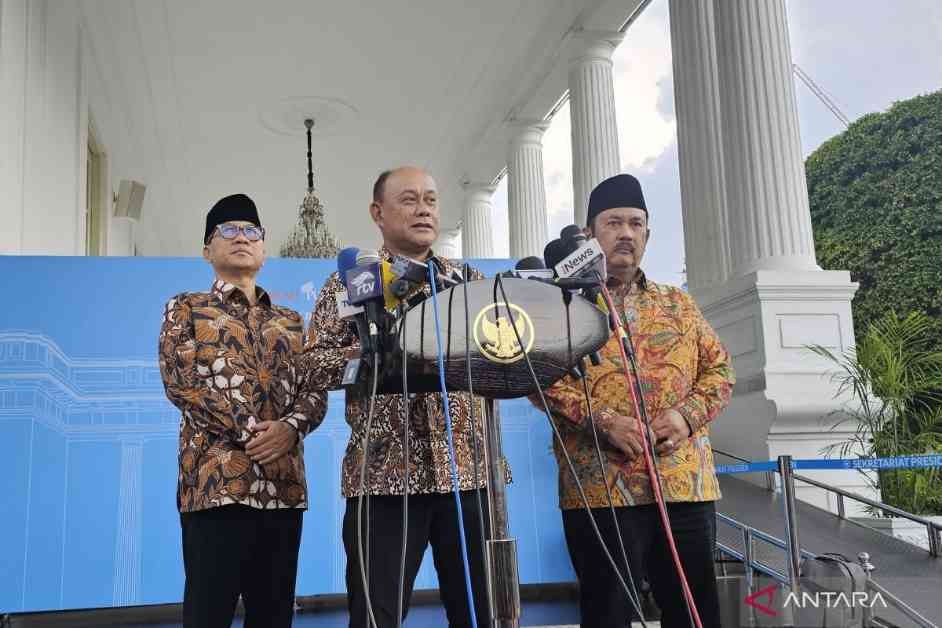President Prabowo Calls for Budget Increase to Reach 82.9 Million Free Meals Beneficiaries
Jakarta – The Head of the National Nutrition Agency (BGN), Dadan Hindayana, is urging for an additional budget of Rp100 trillion (approximately US$6.09 billion) for the Free Meals Program to ensure that 82.9 million beneficiaries can be reached this year. The proposal was made during a recent limited meeting on the program, presided over by President Prabowo Subianto in Jakarta on Friday.
Concerns Over Current Budget Limitations
Hindayana emphasized that the current budget of Rp71 trillion is insufficient to cover the full target beneficiaries. President Prabowo raised concerns over reports from the public indicating that some children were not receiving meals even after 10 days of the program’s initiation. This prompted discussions not only on evaluating the program’s progress but also on finding ways to expedite its implementation to include more beneficiaries.
Call for Inter-Ministerial Synergy
During the meeting, President Prabowo stressed the importance of strong collaboration between ministries and agencies to accelerate the delivery of free meals to those in need. Hindayana noted that based on BGN’s calculations, the current budget would only be able to reach 17.5 million beneficiaries until September 2025, highlighting the necessity for additional funding to meet the ambitious target.
Government’s Free Nutritious Meals Program
The Indonesian government introduced the Free Nutritious Meals program on January 6, 2025, with the aim of improving the nutritional intake of specific groups, including children under five, pregnant women, breastfeeding mothers, and schoolchildren up to high school level. The program is being rolled out in phases, targeting 3 million beneficiaries from January to April 2025, and an additional 6 million beneficiaries from April to August 2025.
As the government works towards providing essential nutrition to millions of vulnerable individuals, the call for increased funding underscores the challenges faced in ensuring that all beneficiaries are reached. The success of the Free Meals Program hinges on collaborative efforts and adequate financial support to address the pressing needs of those relying on this vital initiative. Let us reflect on how we can contribute to supporting such programs in our communities, ensuring that no one goes hungry and every child receives the nourishment they deserve.






















